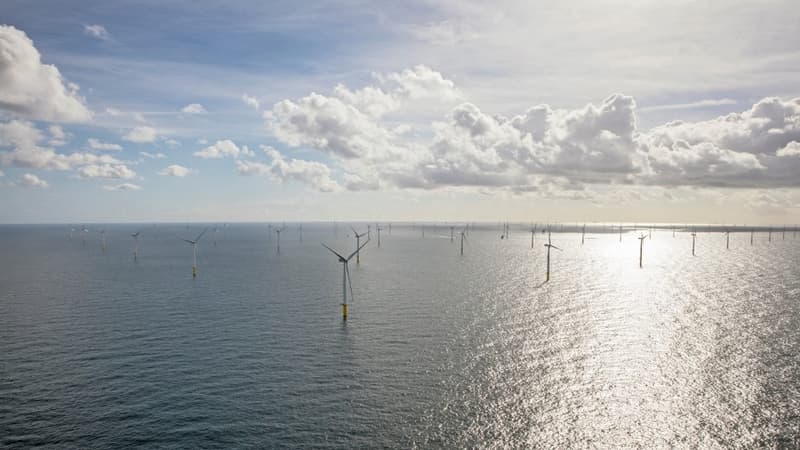Last year and in a context of greater sensitivity to climate change, there was a lot of talk about “greenwashing”. Or, in short, the fact that financial institutions, and investment funds in particular, set objectives of good ecological behavior in terms of financing that they do not really respect, thus deceiving those who trust them with their money.
In response, US financial authorities wanted investors to spell out their modus operandi and strategy in terms of contributions to the fight against climate change much more explicitly. However, in August 2022, in a letter to the Securities and Exchange Commission (SEC), BlackRock expressed reservations about these provisions.
Subtle, the position of the world’s leading asset manager did not oppose the provisions of the SEC, on the contrary, BlackRock’s commitment to environmental measures is well known. Rather, it drew attention to the risk of greenwashing that these provisions could lead to, contrary to its intentions. Indeed, the risk would be, according to BlackRock, that investors place too much emphasis on their ESG commitments and give them too much importance, to the detriment of other objectives related to their investment strategies. The portion of the ESG targets would be artificially inflated, which would amount to a green facelift for investors.
So, after having focused its communication on climate measures in recent years, BlackRock returned to much more practical considerations. As if to reassure the millions of Americans whose pensions he manages that concern about the climate does not make us forget the prospects for profit.
BlackRock under pressure
To better understand all this, it should be noted that a few days earlier, BlackRock boss Larry Fink had received a letter signed by the attorneys general of 19 (mostly Republican) US states warning him to stop pursuing political goals through his investments. –climate agenda, favoring American investments in China, etc.– and inviting him to stick to his role as asset manager, which is to ensure the best profitability for his clients; This includes not damaging its economic environment by withdrawing financing from certain sectors.
Since then, the Vanguard Group (BlackRock’s largest shareholder) has also claimed that it refuses to dictate its strategy to companies in the name of CO2 emission reduction targets that seem unrealistic. And Vanguard has withdrawn from the Net Zero Asset Managers initiative.
These positions have received little comment in France and it is certainly a matter of perspective. In Europe, the climate agenda meets little serious overt opposition, even if “climate skeptics” are making headway among European populations. Although it is the subject of very divergent and clear political orientations in the United States.
However, there is probably too much tendency to reduce all the debates raised by ESG (Environmental, Social, and Governance) orientations to the simple opposition of Republicans to Democrats.
An “ADB” fund
If we compare ESG investing regulations between different American states, as a recent article in The Conversation shows, California’s relative wait-and-see attitude, in contrast to the (albeit mitigated) one of Texas, testifies that things are a bit more complex. . . In fact, there are huge stakes at stake and, as the attitude of BlackRock and Vanguard seems to show, these cannot simply be forgotten.
So, in such a context, it is not surprising that openly anti-ESG investment funds have appeared, which we would probably be far from seeing in Europe.
Some of these funds, very small on the other hand, deliberately cultivate provocation. BAD offers an index fund aligned with listed companies active in gambling, alcohol and drugs, that is, in effect, the products of the pharmaceutical industry. Vice Ventures, whose name is self-explanatory, follows in the same direction. Other funds are overtly political. God Bless America refrains from investing in anything that advocates or embraces values comparable to “wokism.” And, more seriously, there are funds like Strive that say they don’t want to do politics.
Is such a claim credible? Only in the sense that Strive thinks coldly in terms of business and does not intend to be constrained by any other consideration when investing in fossil fuels. Strive just wants to see financial results. Such displayed short-termism can be shocking. The problem is that the current energy situation in Europe and the United States does not frankly prove him wrong.
Source: BFM TV


